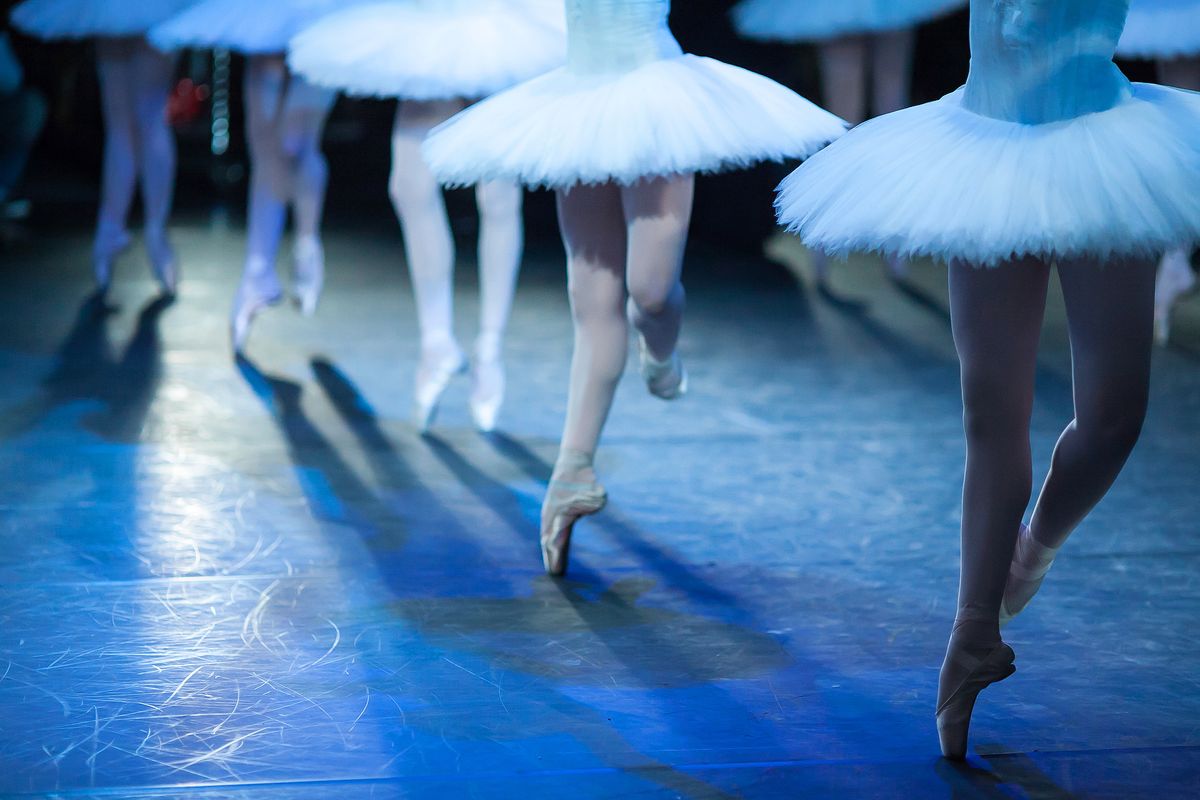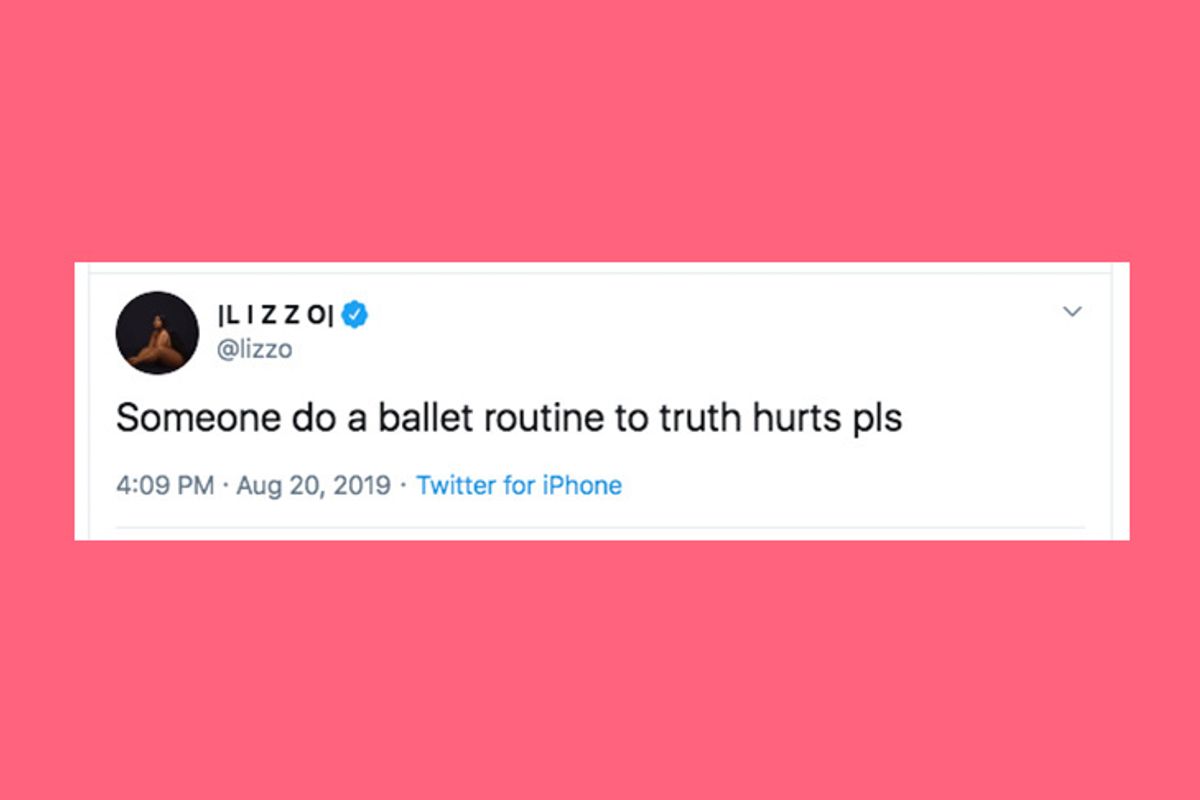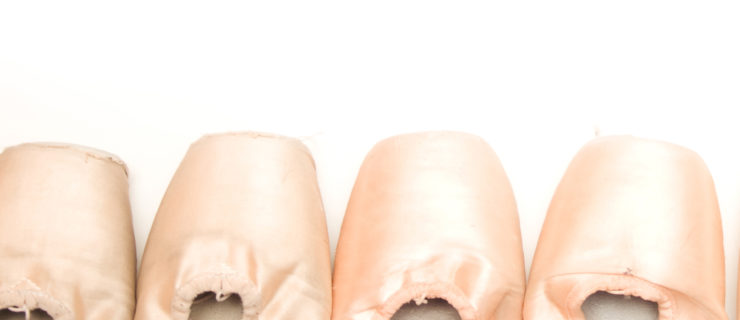Why Do Dancers Say "Merde"?
The dance world is brimming with superstitions. One of the most common is never to say “good luck” before a show, since everyone knows uttering the phrase is, in fact, very bad luck. Actors say “break a leg” instead. But since that phrase isn’t exactly dance-friendly, you and your dance friends probably tell each other “merde” before taking the stage.
According to the Oxford English Dictionary
, “merde” is a French exclamation that loosely translates to, er, “poop.” So how did dancers end up saying “merde” to each other instead of “good luck”?
To learn more, we spoke to Raymond Lukens, associate emeritus of the American Ballet Theatre National Training Curriculum, and Kelli Rhodes-Stevens, professor of dance at Oklahoma City University. Read on—and the next time you exchange “merdes” with your castmates before a show, you’ll know why.
The Origins of “Merde”
The history of “merde” begins in 19th-century Paris, when patrons of the Paris Opéra Ballet would arrive at the Palais Garnier in horse-drawn carriages. If there was a full house, there was sure to be a lot of horse manure in front of the theater. Saying “merde” became a way to tell your fellow dancers to have a good show for the packed audience. According to Rhodes-Stevens, “When dancers say ‘merde’ to one another, they are wishing each other a full and approving audience.”
The practice eventually spread worldwide. Today, the pervasive nature of “merde” is undeniable. Lukens, who performed internationally throughout his ballet career, remembered using “merde” in the U.S., France, and Belgium. (By the way, Lukens says the proper response to “merde” is “oui”—never “thank you,” which reverses all the good luck.)
“Toi Toi Toi,” “In Bocca al Lupo,” and “Chookas”
In Germany, however, Lukens remembers that “toi toi toi” was customary, while in Italy, they said “in bocca al lupo.””Toi toi toi” is a phrase of German and Yiddish origin, meant to emulate spitting in order to ward off evil spirits. Opera singers adopted this tradition before shows, and it eventually bled into ballet culture. “It is like spitting, usually behind the ear of the colleague to whom you are giving good wishes,” says Lukens.
The Italian phrase “in bocca al lupo’ means “in the wolf’s mouth,” and the recipient is supposed to answer “crepi il lupo,” which means, “may the wolf die.” Originating in Italian theater and opera, this is another example, like “merde” and “break a leg,” of wishing an unpleasant situation upon a performer so as to not jinx a good show.
In Australia, performers tell each other “chookas.” The word’s origin is hazy, but it’s probably a variant on “chook,” or chicken. Chicken used to be considered an expensive meal, and the idea was to wish for a good show so that the artists would be paid (and then eat) well.
The Future of Merde
These days, a lot of the dance world exists in outside of ballet and opera, and these scenes have developed their own superstitious sayings. Tappers sometimes say “leave it on the floor” or “lay it on the floor.” Commercial and competition dancers might go for “get it,” “werk,” or simply “don’t suck.” Are these sayings the future of “merde”?
Maybe. One thing’s for sure: Dancer superstitions aren’t going away anytime soon. “I believe being superstitious is part of human nature to justify what cannot be explained,” Lukens says. Plus, superstitions can actually give performers a confidence boost. “The ritualization of these phrases and other accompanying superstitious activities provides the opportunity for performers to give themselves a sense of control over both the unpredictability of live theater and the inability to regulate the reaction of the live audience,” says Rhodes-Stevens.
So, whether you say “merde” or “chookas” before a big show, these rituals bring us together as dancers. When we use these phrases, we’re not only connecting with our current group, but also continuing the legacy of the generations of dancers who came before us. And that means a lot more than just a French word for poop.




